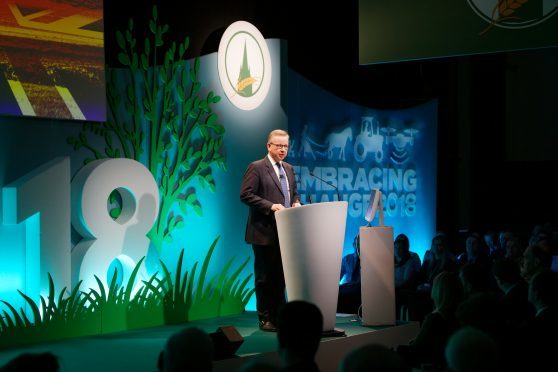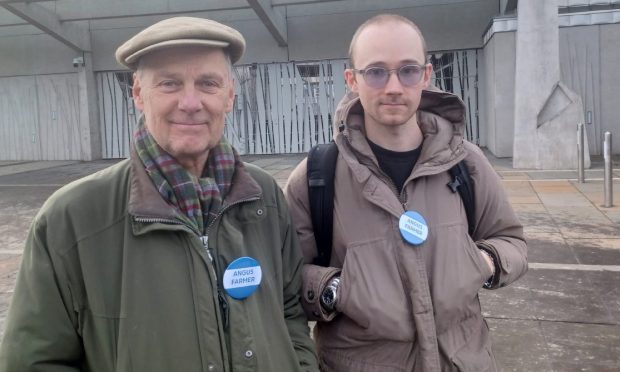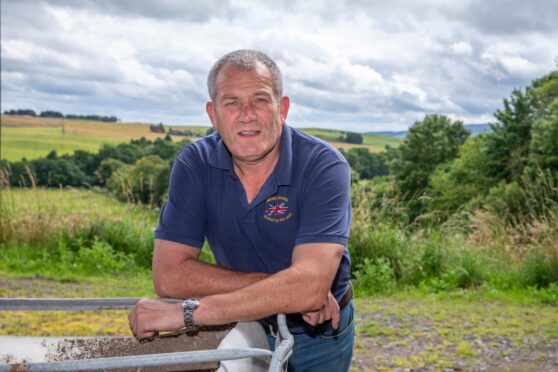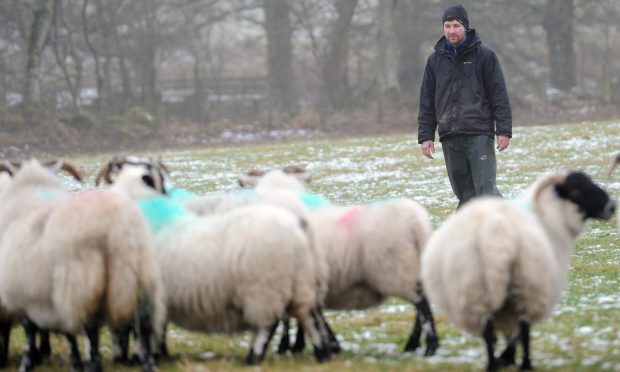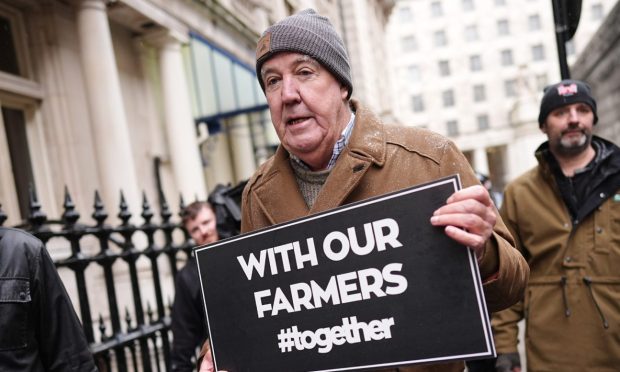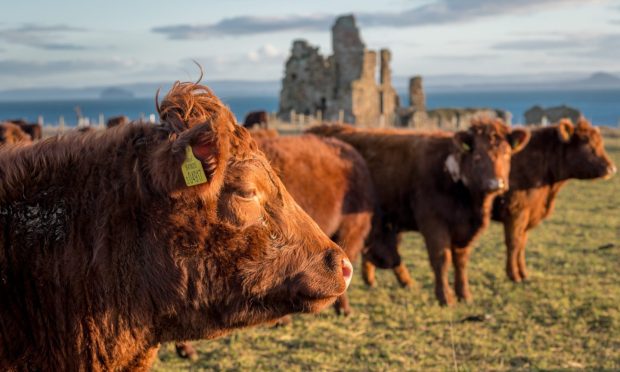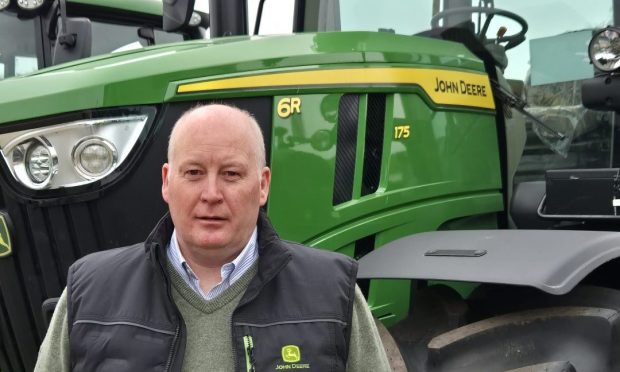Westminster has guaranteed direct support for British farming until 2024 – two years longer than was previously promised.
However the commitment comes with conditions, and payments to the largest recipients of funds will be capped in England – a policy that is also likely to be adopted in Scotland.
In a speech to the Oxford Farming Conference, Defra Secretary Michael Gove outlined the government’s vision for future British farming which includes financial support for “public goods” such as creating new habitats for wildife, improving water quality and returning cultivated land to wildflower meadows.
He told an audience of 500 farmers and industry leaders that agriculture needed time to transition from operating under what he described as an “unjust and inefficient” Common Agricultural Policy to a new British policy which would focus on paying for public goods that the market does not provide.
He outlined a four-point plan for change which will be fleshed out in a White Paper later this year and includes giving farmers the tools to support new technology, skills and infrastructure to prepare them for the changes which are coming.
Mr Gove also outlined his vision for a “coherent” food policy that will integrate farming, consumers, public health and the environment, and he proposed a new overarching approach to food labelling and creating a “gold-standard metric” for food and farming quality.
“There’s no single, scaled measure of how a farmer or food producer performs against a sensible basket of indicators, taking into account such things as soil health, control of pollution, contribution to water quality as well as animal welfare,” he said.
“We’ve been in discussion with a number of farmers and food producers about how we might advance such a scheme and I think that, outside the EU, we could establish a measure of farm and food quality which would be world-leading.”
Mr Gove made it clear that his proposal to continue paying Basic Payments in their current form would only apply south of the Border and it will be up to the Scottish Government to decide how to distribute the ongoing funds.
And while Rural Economy Secretary, Fergus Ewing initially welcomed Mr Gove’s funding commitment, a later statement from a Scottish Government spokesperson claimed the “devil was in the detail”.
“It is not clear what is meant by basic payments nor whether it in effect covers all current Pillar 1 schemes, including new and young entrants. At the very least, we will expect that Scotland continues to receive its current share of EU funding – anything less would significantly harm our farming and crofting businesses and our wider rural economy,” the statement said.
“With 85% of our land categorised as less favourable, compared to only 15% in England, the approaches he has set out today are clearly targeted at the much larger agricultural businesses that are less prevalent in Scotland.
“There may well be a case for capping payments to the handful of huge agricultural businesses we have here, but what is more pressing is the need for guaranteed funding for LFASS to 2025. On this, he is largely silent.”
nnicolson@thecourier.co.uk
